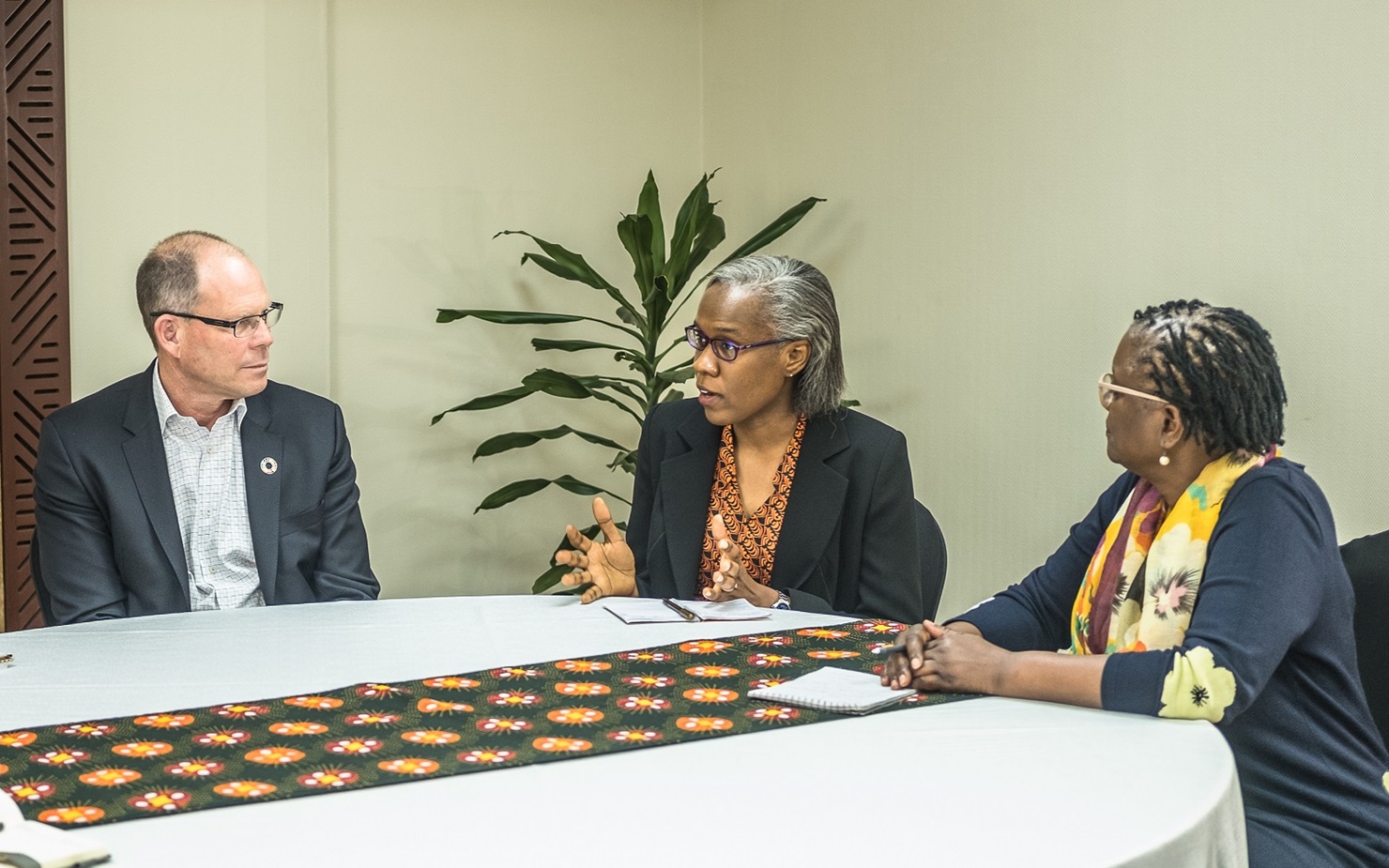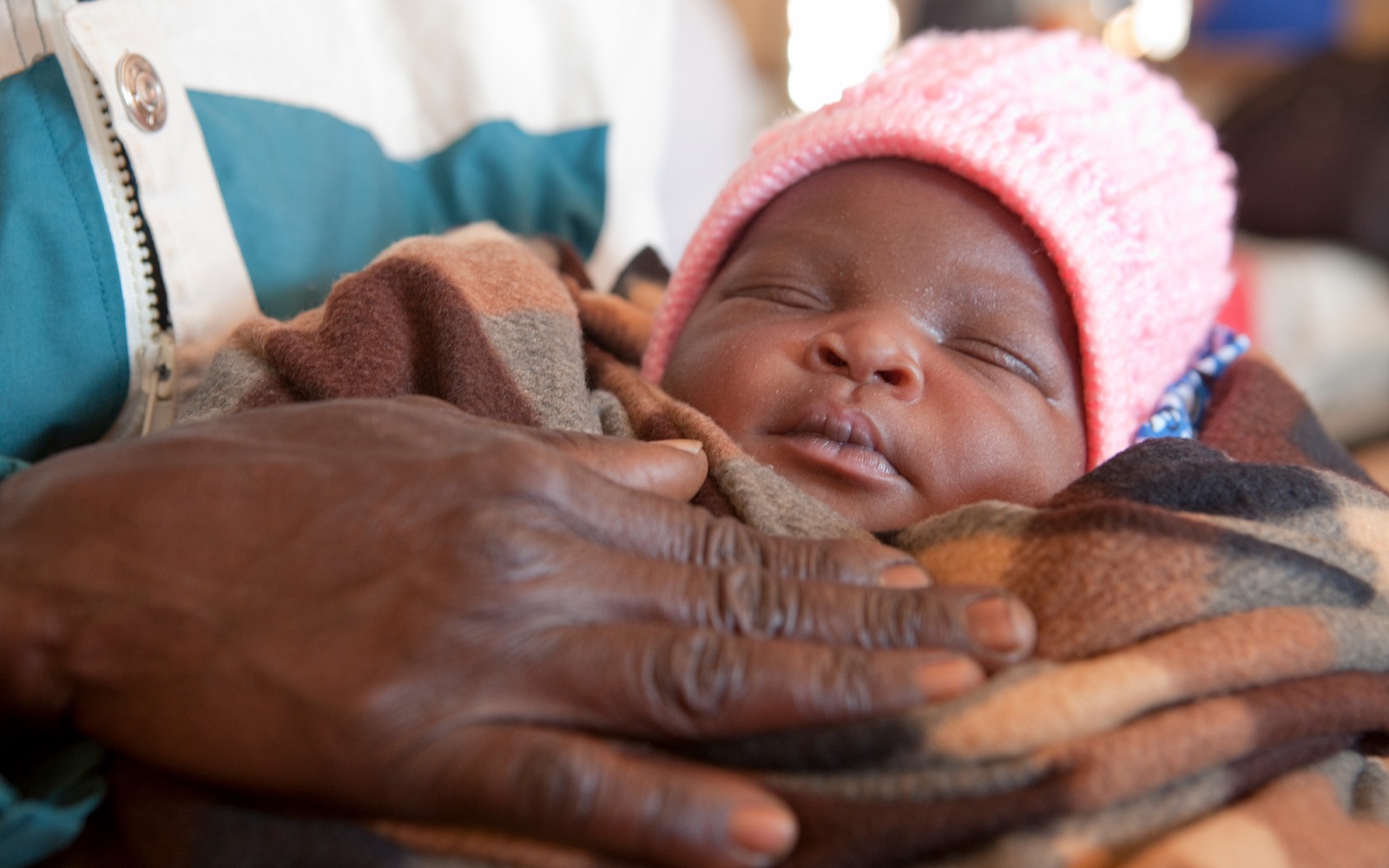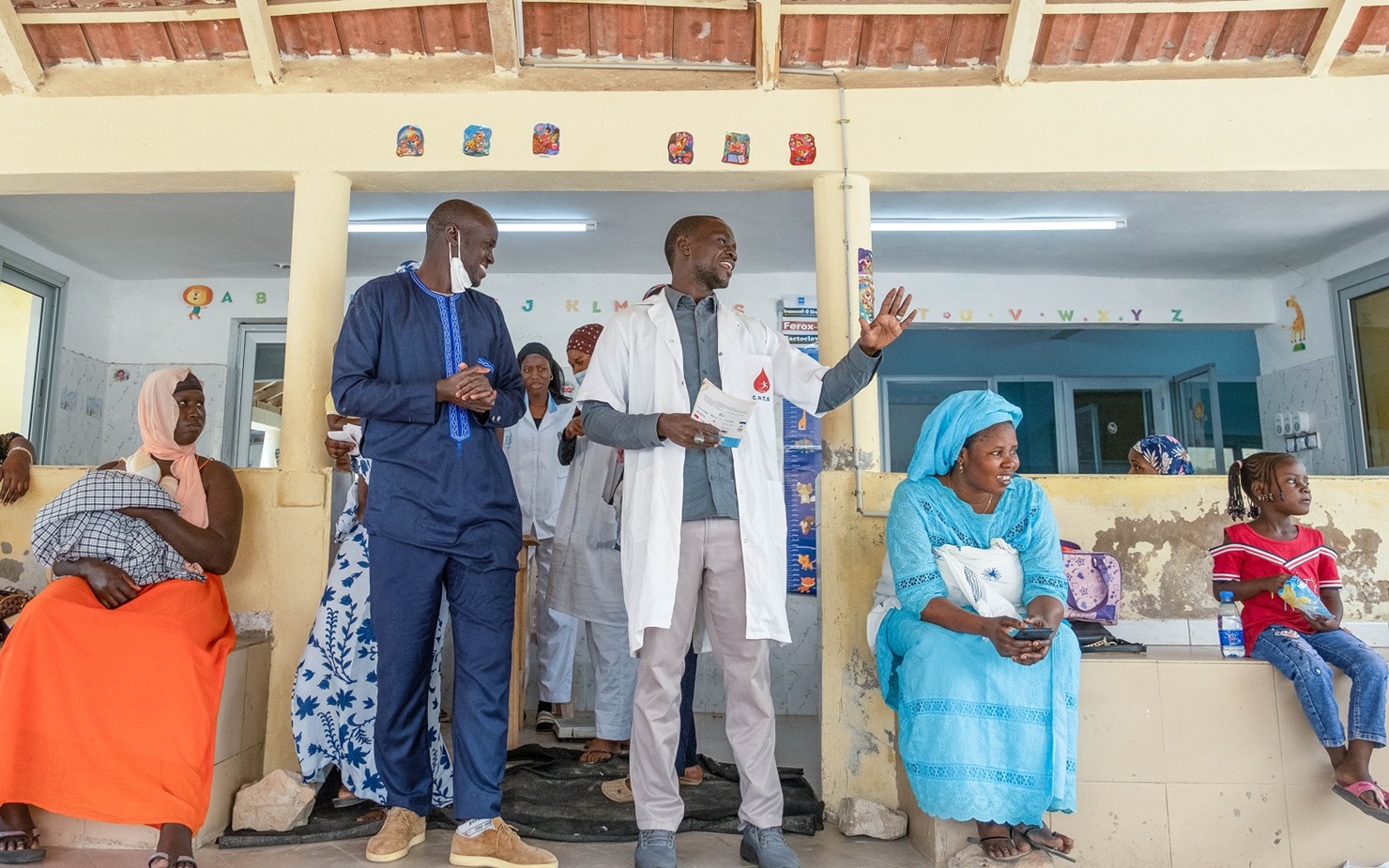Even in wealthy nations, research and development for women’s health is woefully underfunded. While women are half the world’s population, only 1% of health care research spending goes toward female-specific conditions not related to cancer. This profound gender gap has a significant impact on women’s health and well-being, especially in light of the many extraordinary scientific and technological advances in other areas of health care.
To address this inequity, our foundation is investing in R&D to spur innovations in health and nutrition that can reduce maternal and child mortality, promote infection resilience for mothers and their babies, and improve prevention, detection, and treatment of conditions that primarily affect women. We also support development of new contraceptive technologies that can meet the needs and preferences of women and girls in low- and middle-income countries.
These investments will contribute to reducing poverty, advancing gender equality, and building more prosperous economies—with positive ripple effects for families, communities, and economies for years to come.
Pick a technology below to discover what's possible for the future of women's health
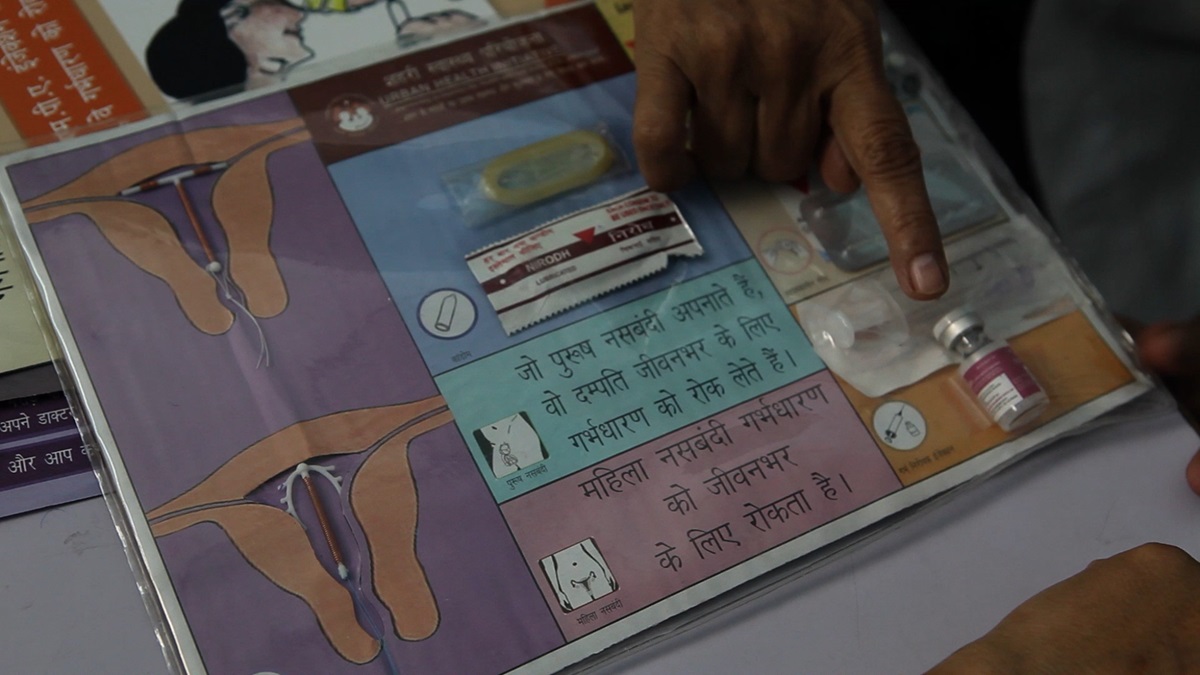
Next-generation contraceptives
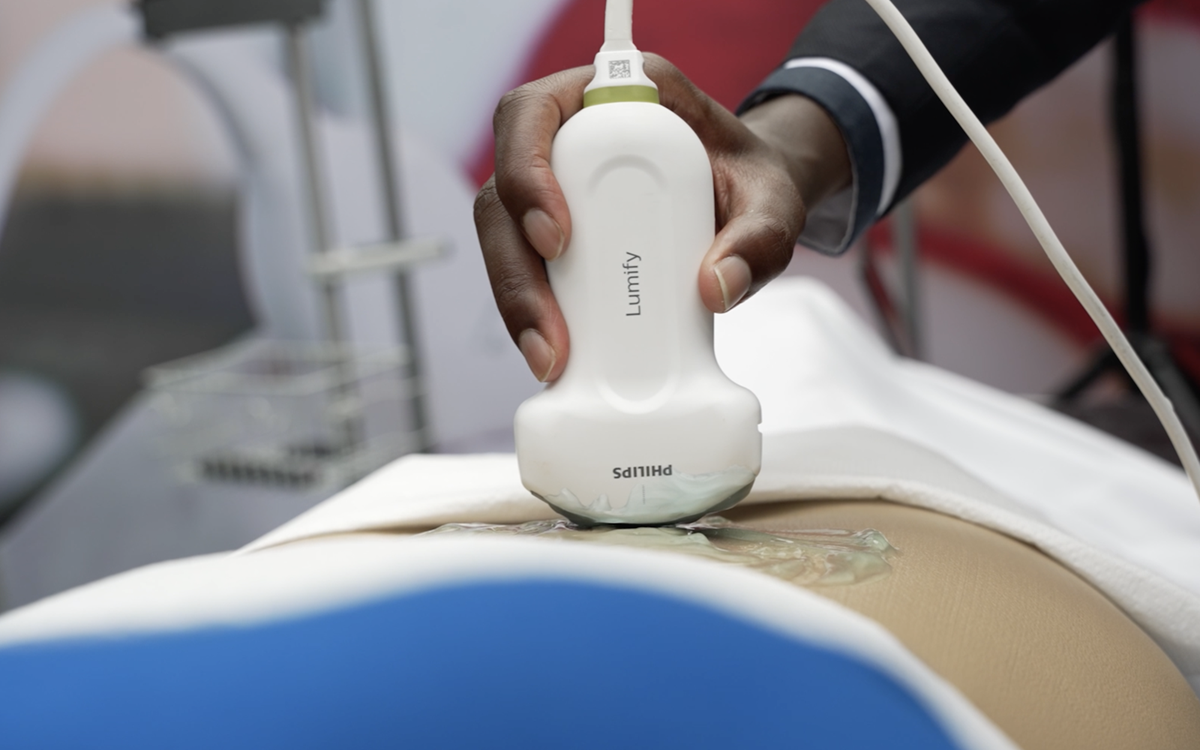
AI-enabled ultrasounds

Future-ready diagnostic tools

Gut-informed nutrition
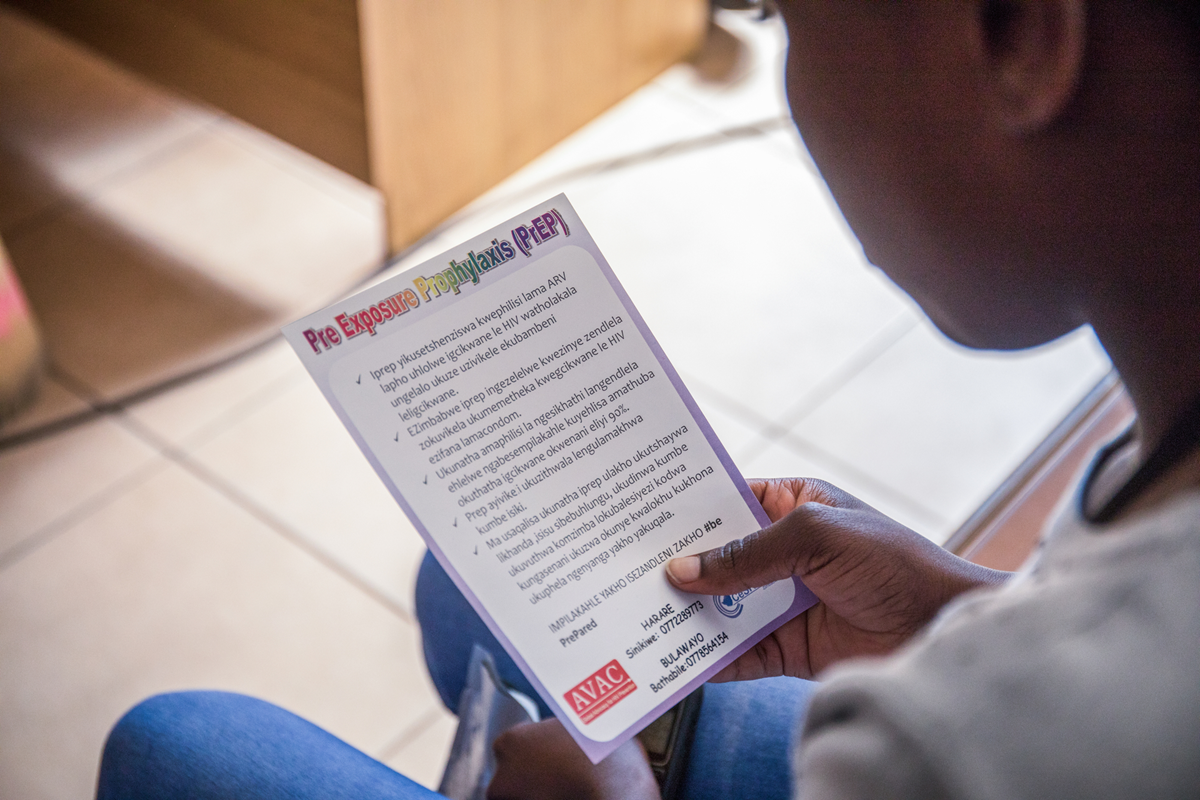
New forms of HIV prevention
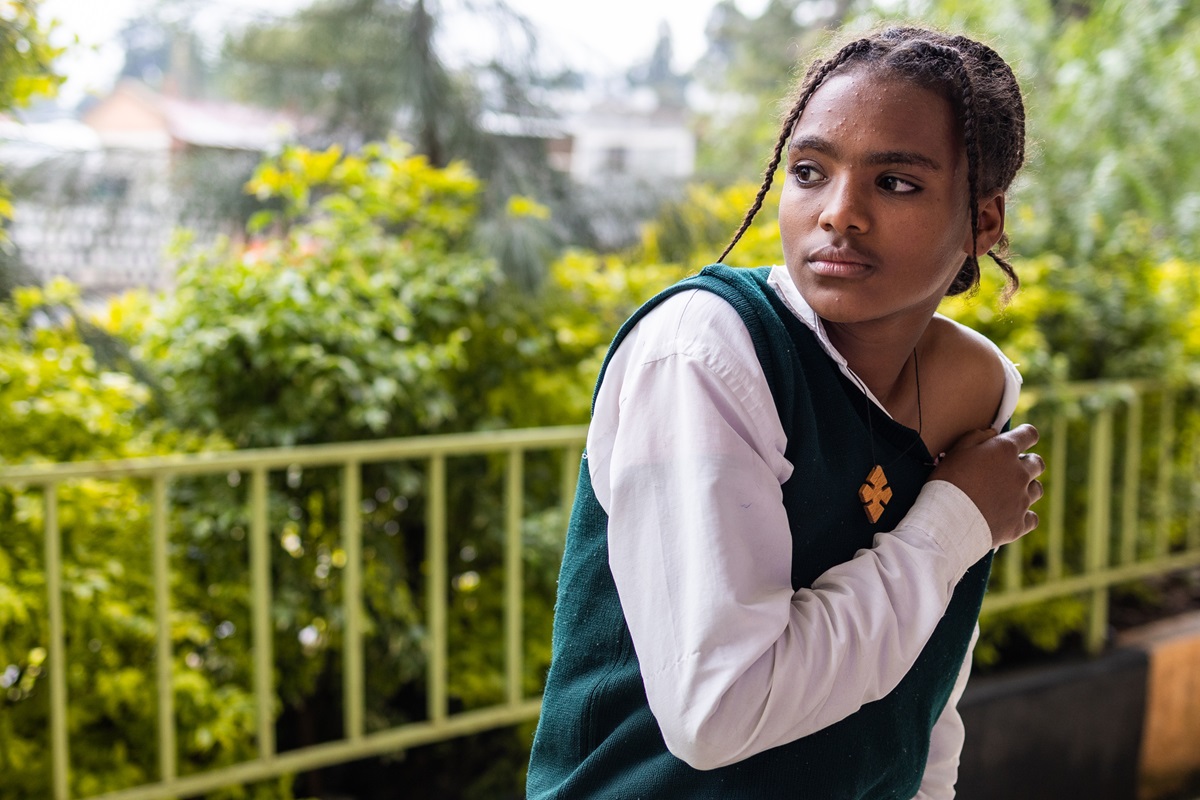
A one-and-done vaccine for HPV
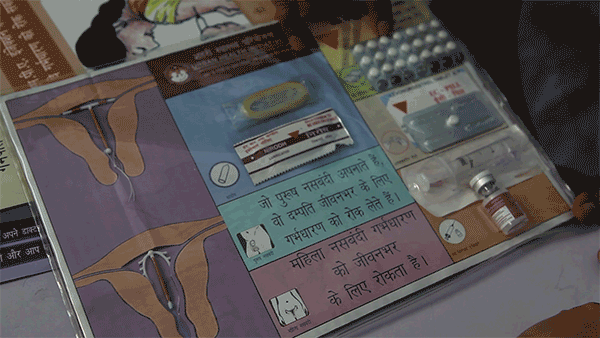
Next-generation contraceptives
Contraceptive options have remained largely unchanged for generations, despite women’s changing needs. To address this inequity, our foundation has committed US$280 million annually from 2021 to 2030 to develop new and improved contraceptive technologies that respond to the preferences of women and girls in low- and middle-income countries and address the barriers that prevent them from using contraceptives, including cost and access. Next-generation contraceptives such as a once-a-month pill, injectable contraceptives that last six months, and discreet micro-array patches can empower women and girls to make contraceptive decisions that suit their life circumstances.
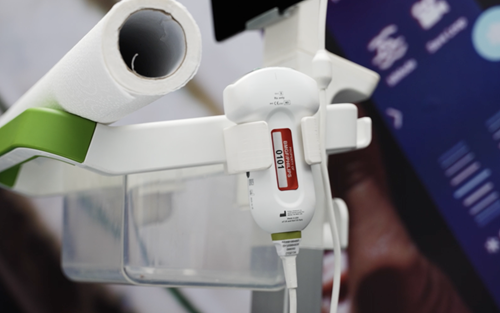
AI-enabled ultrasounds
The first step in preventing newborn deaths is early screening of pregnant women to identify those at risk of developing complications. In the United States, this is widely done through routine checkups and scans. But in low- and middle-income countries, access to diagnostic tools such as ultrasound machines and skilled medical technicians can be limited. We support partners who are developing and testing portable ultrasound machines with diagnostic capabilities aided by artificial intelligence. Studies show that these devices can accurately identify high-risk pregnancies and estimate gestational age, which can greatly augment the expertise of health workers. They are currently being tested in Kenya and South Africa to determine whether large-scale use can make a measurable difference in outcomes for mothers and babies.
Learn more about AI-enabled ultrasoundVIDEO: Advancing health in Africa through science and innovation
CEO Mark Suzman sits down with partners from KEMRI-Wellcome Trust, Standard Media, and more to discuss the importance of science and innovation on a panel held in Kenya.
I joined 1,800 maternal health experts in Cape Town. What I heard gave me hope for moms and newborns.
Progress against maternal and newborn mortality has stalled. But Dr. Sanjana Bhardwaj says that new innovations and approaches could make pregnancy and childbirth safer for all.
This vaccine can prevent cancer. But more adolescent girls need access to it.
The HPV vaccine is safe, effective, and protects against 95% of cervical cancers. Recent challenges have caused HPV vaccination rates to fall – but communities are poised to reverse those trends.
How future-forward is your inbox?
Stay ahead of news on health technology, education, and more by subscribing to The Optimist, our foundation’s weekly newsletter.
By submitting your email to subscribe, you agree to the Bill & Melinda Gates Foundation's Privacy & Cookies Notice
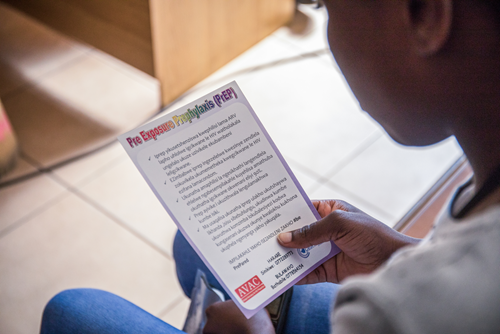
New forms of HIV prevention
Investments in R&D have yielded new options for HIV prevention and better and more efficient treatment and care delivery strategies. These include long-acting injectables such as cabotegravir (CAB-LA), a type of pre-exposure prophylaxis (PrEP) that can help address some of the unique risks faced by young women and adolescent girls, including stigma associated with taking daily oral forms of PrEP. CAB-LA is more effective than oral PrEP and has many other characteristics that may appeal to users.
A one-and-done vaccine for HPV
Deaths from preventable diseases are among the starkest forms of inequity. About 90% of women who die from cervical cancer—one of the most common cancers among women—live in low- and middle-income countries. An exciting recent development could go a long way toward addressing this longstanding crisis. New research has found that one dose of the vaccine for HPV—the virus that causes cervical cancer—is just as effective as a two-dose regimen. This new single-dose guidance can help make these lifesaving vaccines more available and accessible to women and girls everywhere.
Read more about the HPV vaccine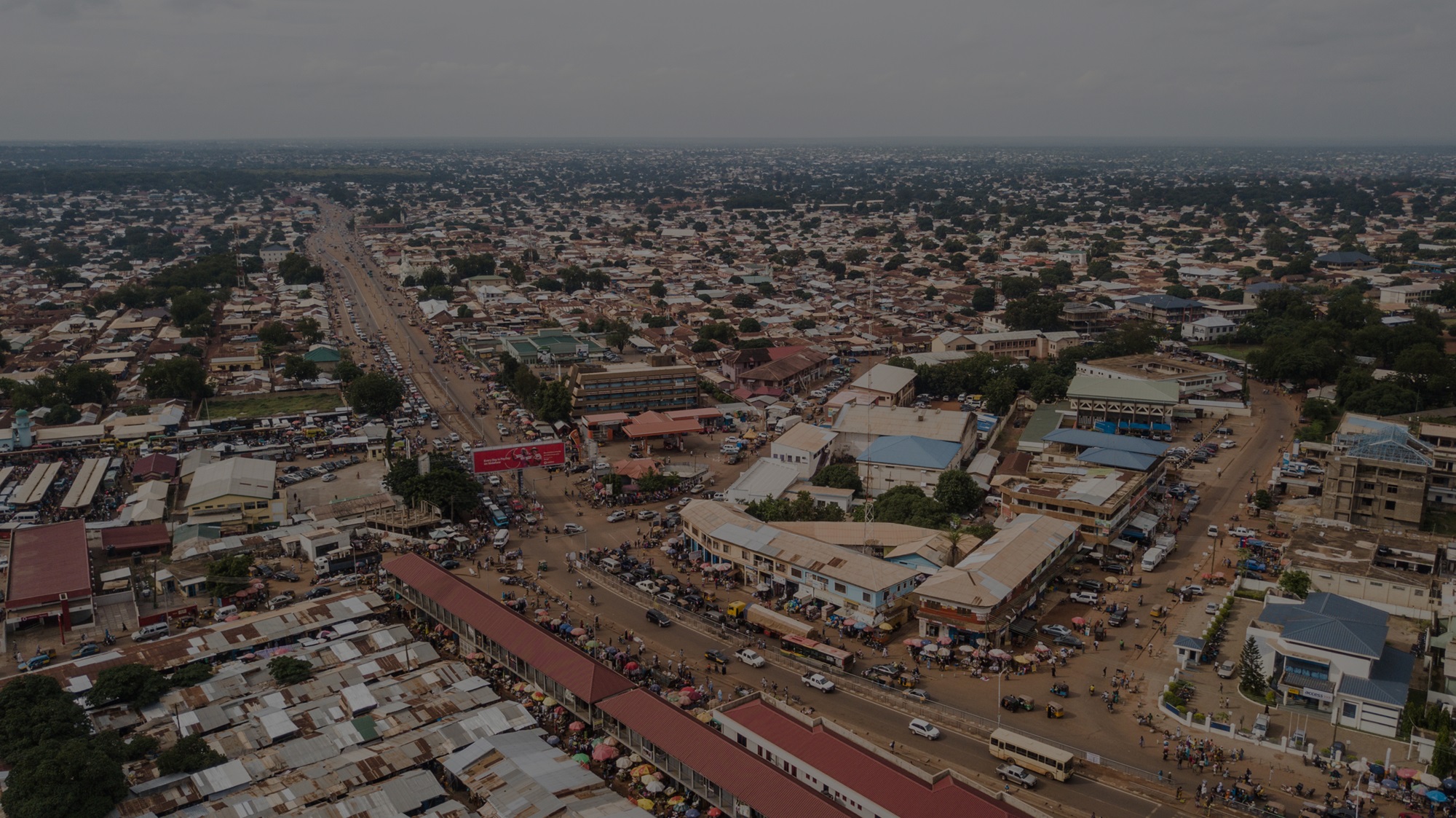
Women are the backbone of our economies and communities, so helping women achieve their full potential means ensuring a brighter future for everyone
The Gates Foundation works to help countries bolster their health systems by empowering female health workers, ensuring that supplies are consistently available, bringing quality care closer to home, and modernizing contraceptive options to better meet the needs and preferences of women and girls.
Women should be trusted to make informed decisions about their own health—free from discrimination, bias, or coercion—regardless of who they are or where they live.
Latest work in gender equality
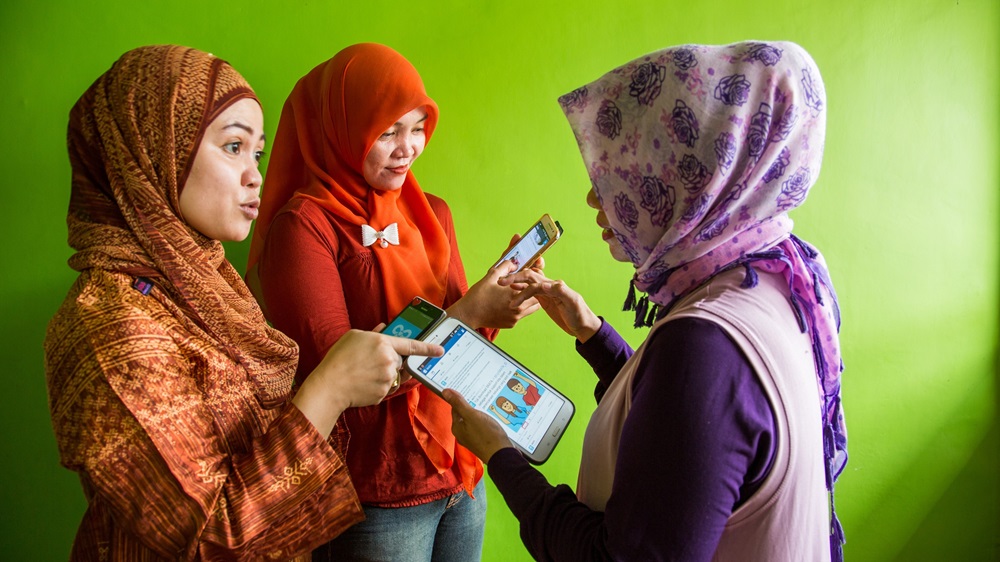
Women’s Health Innovations
Our goal is to facilitate the development of innovative health products and widen the innovation ecosystem to address conditions that disproportionately affect the lives of women in low- and middle-income countries.
Learn more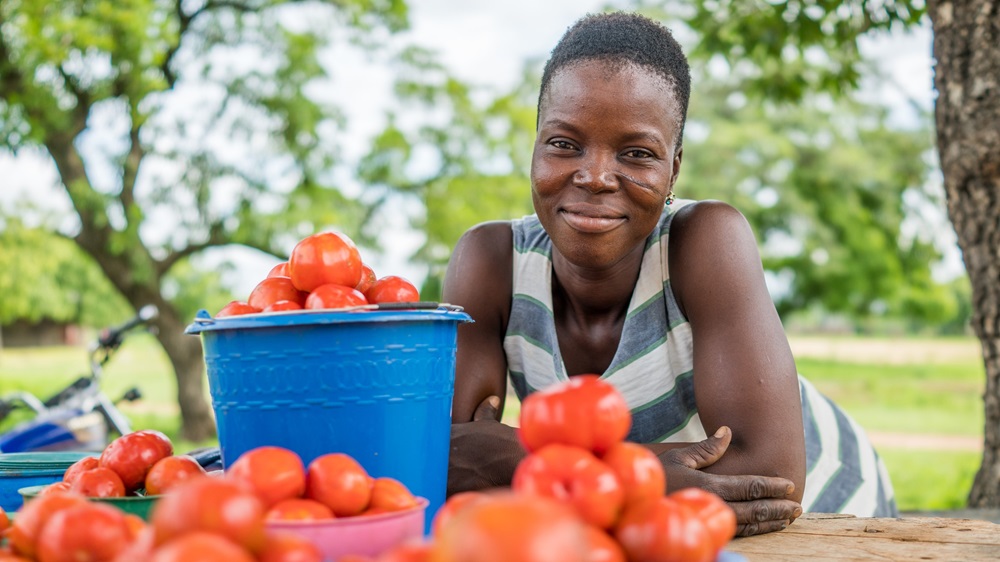
Women’s Economic Power
We work to increase women’s economic opportunities by supporting efforts to help them generate and control their own incomes.
Learn more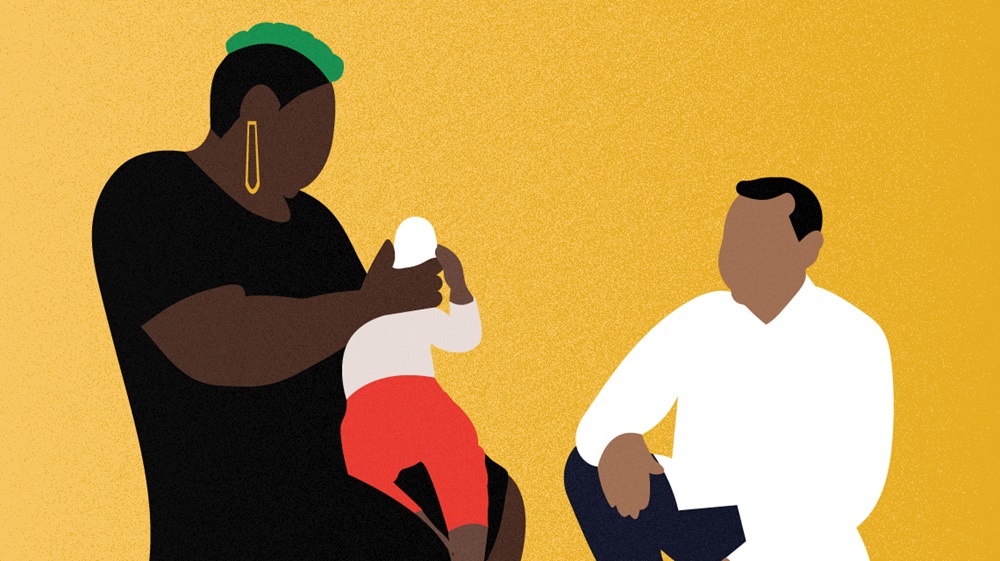
The power of maternal vaccines
Maternal immunization—vaccinating pregnant women to protect the babies they are carrying—is a powerful way to reduce infant mortality.
Learn moreSign up for The Optimist newsletter
Subscribe to The Optimist to get weekly updates on the latest in global health, gender equality, education, and more.
By submitting your email to subscribe, you agree to the Bill & Melinda Gates Foundation's Privacy & Cookies Notice
